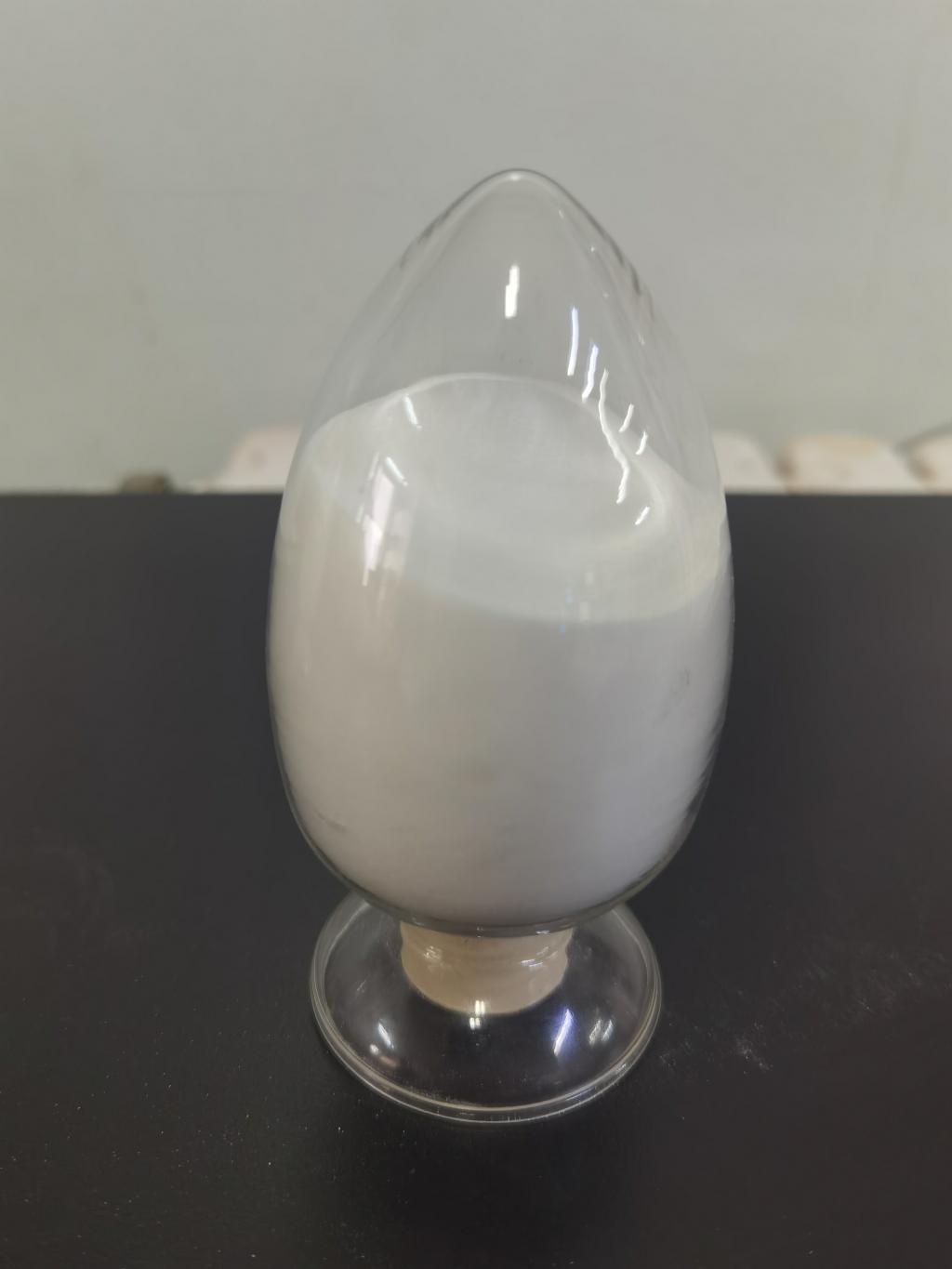Tel:+8618231198596

News
 CONTACT
CONTACT
 CONTACT
CONTACT
- Linkman:Linda Yao
- Tel: +8618231198596
- Email:linda.yao@dcpharma.cn
- Linkman:CHARLES.WANG
- Department:Overseas
- Tel: 0086 0311-85537378 0086 0311-85539701
News
ε-Polylysine hydrochloride's potential in improving food safety during food processing and handling.
TIME:2023-08-22
ε-Polylysine Hydrochloride: A Brief Overview:
ε-Polylysine hydrochloride, often referred to as ε-PL, is a polycationic homopolymer composed of lysine residues. It is produced through microbial fermentation, primarily by strains of Streptomyces albulus. ε-PL's antimicrobial properties stem from its ability to interact with negatively charged bacterial cell membranes, disrupting their integrity and leading to cell death. Its long history of safe use, as recognized by regulatory agencies, adds to its appeal for food applications.
Mechanisms of Action:
ε-PL's mode of action involves several steps:
Adsorption: ε-PL adsorbs onto the bacterial cell membrane.
Membrane Disruption: ε-PL disrupts the membrane's structure, causing leakage of cellular components.
Cell Death: The disruption leads to cell death, inhibiting bacterial growth.
This unique mechanism, which is non-specific to bacterial species, contributes to ε-PL's broad-spectrum antimicrobial activity.
Applications in Improving Food Safety:
Meat and Poultry Processing: ε-PL can be applied to meat and poultry products to inhibit the growth of harmful bacteria like Salmonella, Escherichia coli, and Listeria monocytogenes. This is particularly relevant during processing steps such as chilling and storage.
Dairy Products: ε-PL's role in dairy preservation extends to inhibiting spoilage bacteria and pathogens. It enhances the safety and shelf life of products like cheese and yogurt.
Seafood: Seafood products are susceptible to microbial growth during processing and transportation. ε-PL can contribute to controlling bacterial proliferation and maintaining product quality.
Bakery and Confectionery: ε-PL can be incorporated into baked goods and confectionery items to prevent mold growth, extending shelf life without affecting taste or texture.
Sauces and Dressings: ε-PL's incorporation into sauces and dressings can prevent spoilage and ensure product safety during storage.
Advantages of Using ε-Polylysine Hydrochloride:
Broad-Spectrum Activity: ε-PL's effectiveness against a wide range of bacteria and yeasts makes it suitable for various food applications.
Enhanced Safety: By inhibiting the growth of spoilage and pathogenic microorganisms, ε-PL contributes to safer food products.
Natural Origin: Derived from fermentation, ε-PL aligns well with consumer preferences for natural and minimally processed ingredients.
Preservation without Synthetic Additives: The incorporation of ε-PL reduces the need for synthetic preservatives, aligning with clean label trends.
Synergies with Other Preservation Methods: ε-PL can be used in conjunction with other preservation methods to enhance food safety and shelf life.
Challenges and Considerations:
Formulation Expertise: Effective incorporation of ε-PL requires considerations such as optimal concentration, interactions with other ingredients, and potential effects on sensory attributes.
Microbial Adaptation: As with any antimicrobial, prolonged and consistent exposure could lead to the development of resistant strains. Proper usage strategies can mitigate this risk.
Consumer Perception: Educating consumers about ε-PL's safety, natural origin, and benefits is crucial to foster acceptance.
Future Prospects and Conclusion:
ε-Polylysine hydrochloride's potential in improving food safety during food processing and handling holds promise for the food industry. As the demand for safer and cleaner food products grows, ε-PL's natural antimicrobial properties offer an effective solution to microbial challenges. Ongoing research and development efforts can explore its synergies with emerging preservation methods, its impact on sensory attributes, and its compatibility with various food matrices. With its proven efficacy, ε-PL is positioned to play a significant role in the continued advancement of food safety practices, ensuring that consumers can enjoy safer and higher quality foods throughout the entire food supply chain.
- Tel:+8618231198596
- Whatsapp:18231198596
- Chat With Skype







